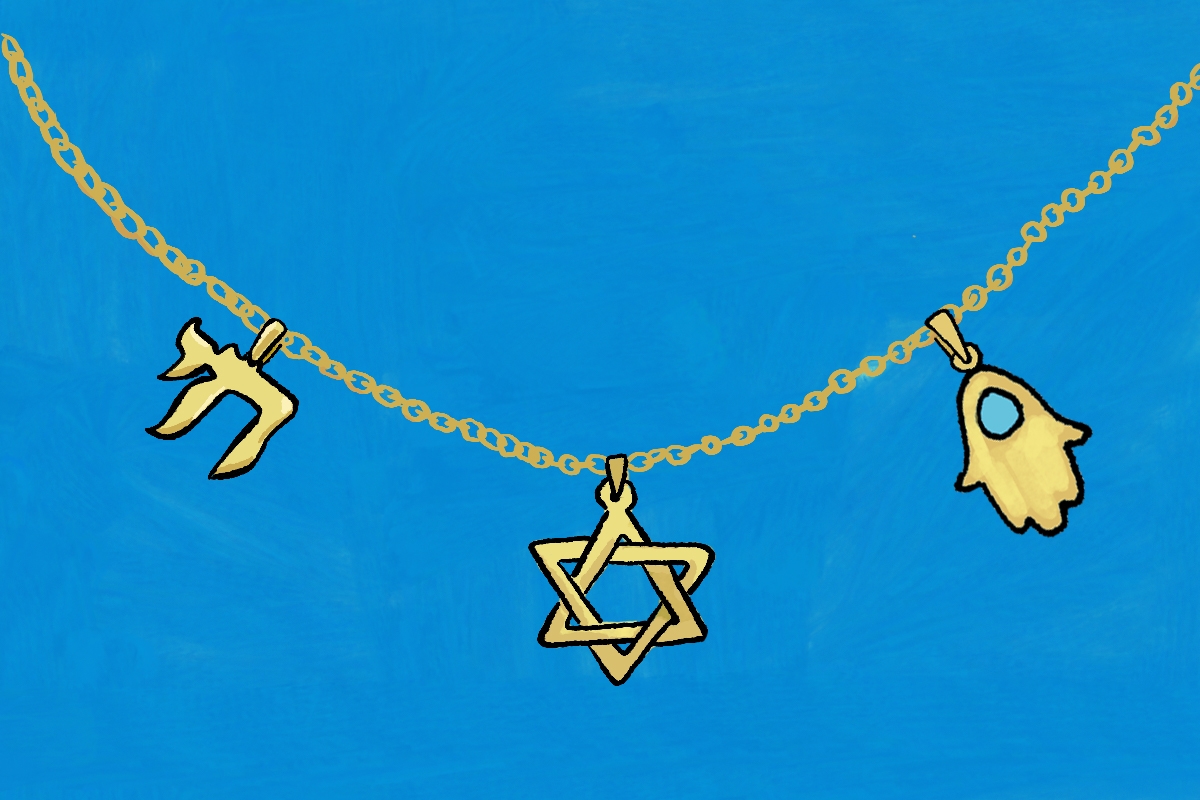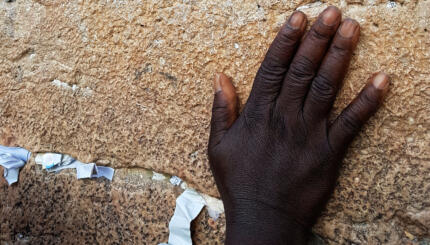Rabbi Shimon said, “There are three crowns: the crown of Torah, the crown of priesthood, and the crown of royalty. However, the crown of a good name is greater than all of them.” (Pirkei Avot 4:13)
Torah, priesthood, and royalty, are typically passed down through the generations, but the ability to be known on our own merits for our good reputation is something that only each individual person can control.
Similarly, the name we are known by is normally given to us by others, most often by parents. There are instances in our lives when we have a chance to add to or change our names, like when we adopt titles like doctor or professor or rabbi. When people marry, they might adopt their spouse’s name as well. But rarely do individuals choose a new name for themselves.
An exception to this is conversion to Judaism, where individuals have a chance to choose their Jewish name. This is the name by which they will be called to the Torah for an aliyah. It will be their name on any future Jewish documents, such as a ketubah (wedding contract). At the end of life, it will be the name recited as part of the El Maleh Rachamim, the traditional memorial prayer.

Help us keep Jewish knowledge accessible to millions of people around the world.
Your donation to My Jewish Learning fuels endless journeys of Jewish discovery. With your help, My Jewish Learning can continue to provide nonstop opportunities for learning, connection and growth.
There are different ways to choose one’s Jewish name. Some people choose to name themselves after someone that has passed away. If it is someone Jewish they might use the equivalent Hebrew name. If the person wasn’t Jewish, they might take the first letter of the English name and find a closely related Hebrew name.
Another approach is to choose a name based on a character in the Bible. Many converts choose the name Ruth, the biblical figure considered to be the first convert to Judaism, while others select the names of biblical figures who embody attributes they want to emulate.
Lastly, many choose modern Israeli names, which is a powerful statement as well. In becoming Jewish, one is entering into the Jewish people and aligning with a name common in the modern State of Israel is a tremendous affirmation of that connection.
In the book of Genesis we read about Jacob wrestling with a man all night. “What is your name?” the man asks. “Jacob,” comes the reply. “Your name shall no longer be Jacob but Israel, for you have striven with beings divine and human and have prevailed,” the man says.
This powerful moment for Jacob is a reminder that as we travel on the journey of life, we often add names to ourselves that reflect our evolving identity. For Jacob, it was the realization that wrestling with God is not only normal, but expected as part of one’s Jewish identity. The Jewish people, known as Am Yisrael, have a name that reflects that struggle.
What does it mean to take on a name that reflects who we are — or rather, who we are becoming? The names we choose can reflect the values we wish to embody — Ahava (Love) for the desire to love deeply or Chaim (Life) for living life to the fullest. The choice of a particular name can represent a declaration of intent to live up to the identity reflected in that name.
However a new name is chosen, the choice isn’t a complete rejection of all that came before, but a growth of who we are to become in the present and the future. Regardless of which method a convert uses to choose a name, individuals should a choose a name that means something to them and that they are proud of since this is a significant moment in their life.
Rachel Ain is the rabbi of the Sutton Place Synagogue in New York.
Are you considering conversion to Judaism? Sign up here for a special email series that will guide you through everything you need to know.



